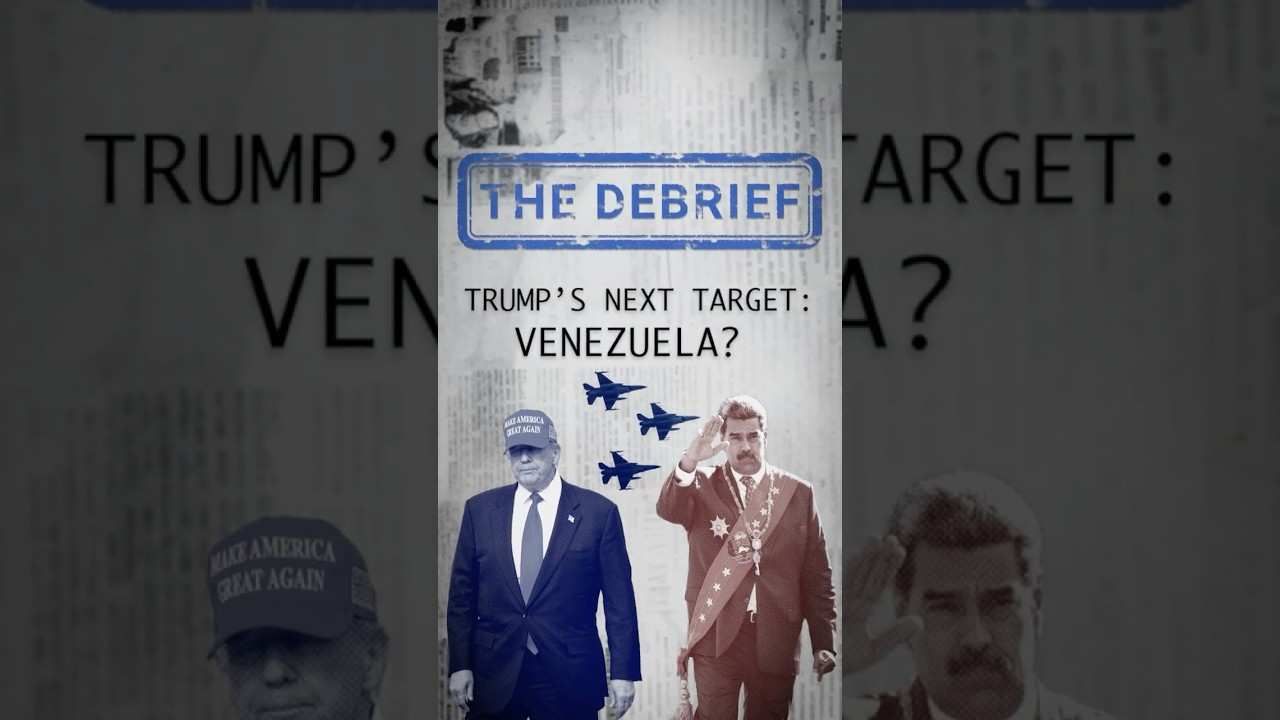What We're Watching
Fear and Loathing in Sudan – President Omar al Bashir, Sudan's strongman since 1989, is in serious trouble. Protests have swelled in the capital city of Khartoum, and reports suggest some soldiers may be siding with demonstrators against the president's crackdown squads. The first trigger for public anger was a surge in price inflation. But Sudan is one of the poorest and most repressive countries on Earth, and calls for concessions have been replaced with calls for the president to resign. Bashir, who faces an International Criminal Court arrest warrant on charges of genocide, war crimes, and crimes against humanity, has good reason to try to tough this out.
What the Brits have to say about online speech – In 2017, a 14-year-old teenager from north London took her own life after viewing disturbing images on social media – including memes about committing suicide. This week, a UK government report on "online harms" proposed new rules that would require companies, under pain of fines, to quickly remove posts that encourage suicide or bullying, or contain other violent or illegal content. Over the next 12 weeks, the British public will have the opportunity to weigh in on whether curtailing disturbing online speech is an acceptable price to pay to make the internet a safer place. After the government has a chance to respond and lay out its final proposals for legislation, a bill could make its way to Parliament.
What We're Ignoring
Crack theories from Brazil's new head teacher – President Jair Bolsonaro has replaced his scandal-plagued education minister with a fellow who believes that Brazilians are prone to cannibalism and that crack cocaine came to Brazil via a Communist conspiracy. Bolsonaro selected the new guy, an economist named Abraham Weintraub, in part because he shares the president's reverence for Brazil's former dictatorship and his revulsion at the political and cultural left. Purging "left-wing" ideology from the education system is a major aim of Bolsonaro's. So while we are ignoring Mr Weintraub's ludicrous theories, his impact on the education of millions of Brazilian children deserves close attention.
Kazakhstan's quick election – Kazakhstan will hold new elections on June 9, less than three months after the Central Asian country's longtime strongman Nursultan Nazarbayev resigned as president. No one has stepped forward to run yet, but we feel safe ignoring this one. Whomever the government prefers will win, but that person is also unlikely to wield real power. Nazarbayev remains chief of the country's powerful security council and heads the main political party. In fact, the interim president sought his approval before calling the plebiscite. It's safe to say the old man will be pulling the strings for a while longer.